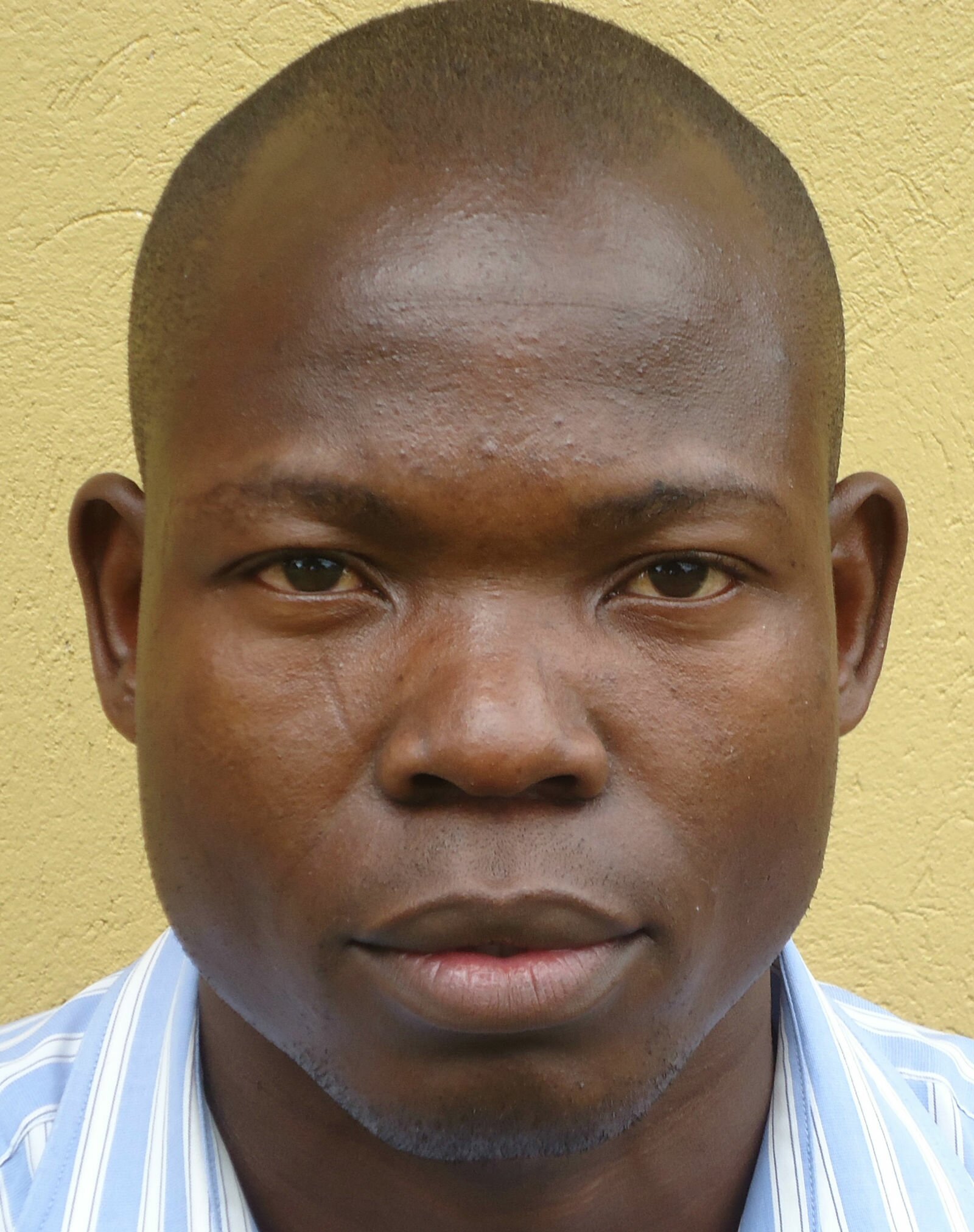Akhil C. Banerjea, Ph.D. is currently a Senior Scientist/Chair of Virology Department at National Institute of Immunology, New Delhi, India. He is a member of the National Academy of Sciences, and Fellow of the Indian National Science Academy (INSA) India. Thomson Reuters recognized ACB as a distinguished expert and leader in Virology in 2011. He obtained his B.Sc. degree from Gorakhpur University, Masters degree in Microbiology from G. B. Pant University, Uttranchal and Ph.D. from National Institute of Virology, University of Pune in Virology. He was a Post Doctorate Fellow & Assistant Research Professor at Duke University Medical Center, Durham, North-Carolina, USA (1984 – 90) and Senior Staff-Fellow at National Institutes of Health, Bethesda, Maryland, USA (1990 – 1994). He has published more than 90 papers in international peer reviewed journals in the field of HIV/AIDS, Biochemistry, Gene Therapy, J. Virol., Retrovirology, PNAS (USA); Blood, Virology etc., and contributed 14 invited chapters/ reviews to National and International Publishers in the field of HIV/AIDS and Gene Therapy. He is the recipient of National Awards of ICMR (Shakuntala Amir Chand, 1982); National Foreign-Assocaiateship award of DBT, 1998, National Bio-Science Award for Career Development of DBT-2001, SR Scientist Indian Immunology Society Oration Award, 2012 of Government of India and won several full international scholarships to present his work on HIV-1 in USA, UK, South Africa, UK, Japan and Singapore.
He has guided 8 PhD students and trained >24 students, post docs etc. Some of his students are faculty in National Institutes of India or in Pharmaceutical Industries and some are pursuing advanced research in places like Yale, MIT, NIH, UCLA, JHU, etc. He is the recipient of Indo-US-NIH –ICMR grant on HIV transmission and several DBT, CSIR and ICMR extramural grants on HIV Pathogenesis. He is a Member- Editorial Board of several International Journals. He regularly reviews papers for Mol. Ther, Antiviral Research, Gene, JBC, Scientific Reports, Biochemical J, Virology on a regular basis. He is member of the several task forces of DBT and ICMR on HIV/AIDS. He has delivered seminars in Albert Einstein-NY, Duke-NC, UCLA-CA, COH-CA, NCI-NIH, Drexel-Philadelphia NSU-Singapore, Pasteur Inst. etc. He is interested in studying molecular basis of various viral diseases, especially HIV / AIDS and Influenza in India and develop catalytic nucleic acids based antiviral approaches. He was awarded the Visiting Professorship at Colorado State University, Fort-Collins, Colorado, USA for a period of two years (2002 – 2004). The work carried out on siRNA into stem cells against HIV-1 was covered in New York Times in 2003 and now in Clinical trial in USA. His major interest now is to use lentiviral vectors, stem cells, catalytic nucleic acids (Ribozymes & DNA-enzymes) and small interfering RNA/miRNA technology as a gene therapy approach against HIV and other pathogens on one hand and determine the functional implications of genetic changes in the host genes or viral genes of HIV-1 in order to understand the molecular basis of HIV/AIDS pathogenesis in India. The projects dealing with Microbiology, Epidemiology, Biochemistry, Virus infections, Epidemiology & Diagnostics, Gene Therapy, Cell Biology, Life Sciences, Stem Cell biology, Developmental Biology, RNAi/siRNA/microRNA technology in plants and animals, Biotechnology, National Programs on Immunizations, Vaccine Technologies etc have been evaluated by the candidate at National and International levels. Extensively involved in the Indo-US Vaccine Action programs – evaluated Indian & US project grants involved in HIV vaccine and pathogenesis.
His major interest now is to use lentiviral vectors, stem cells, catalytic nucleic acids (Ribozymes & DNA-enzymes) and small interfering RNA/miRNA technology as a gene therapy approach against HIV and other pathogens on one hand and determine the functional implications of genetic changes in the host genes or viral genes of HIV-1 in order to understand the molecular basis of HIV/AIDS pathogenesis in India.








